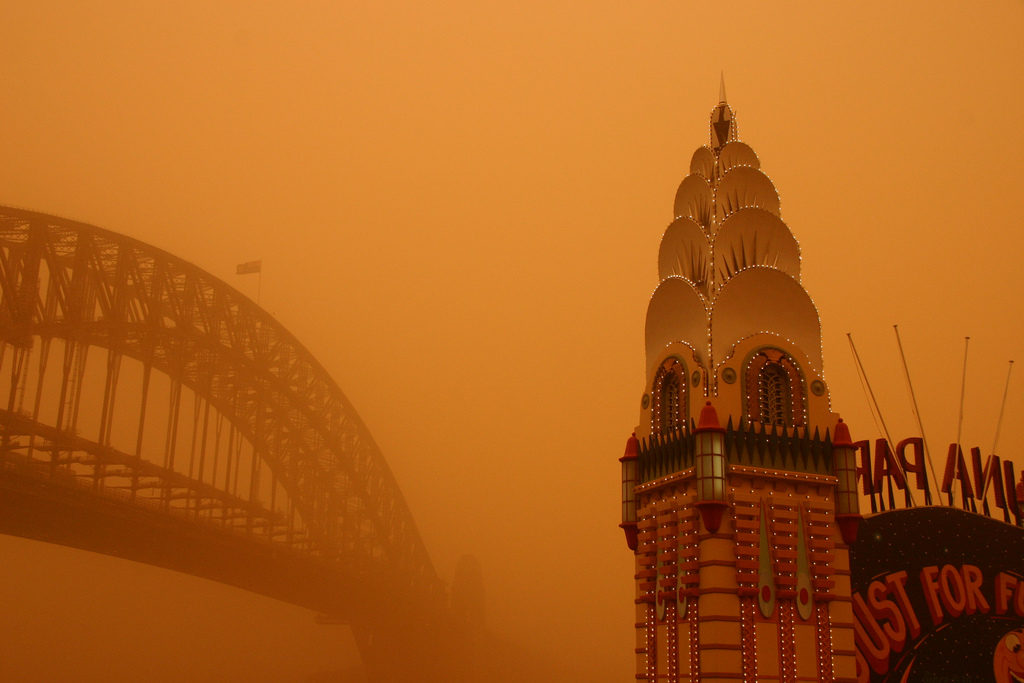Coralline algae (pink & lavender colour in the image above) are red calcifying algae found worldwide from the poles to the tropics, from high light environments such as the intertidal zone down to depths of up to 200m. They play a central role in coral reef ecology. Coralline algae produce limestone (calcium carbonate) that acts as glue or mortar holding coral fragments together and cementing and stabilising the reef framework. This allows coral reefs to resist the impacts of strong storms and cyclones. Coralline algae also provide hard substrate for coral larvae to attach to the bottom, and serve as habitat and food source for other reef creatures.
However, despite the importance of coralline algae and the vital roles they play in reef ecology little is currently known in regards to their growth and ability to produce limestone (calcification) under future climate change scenarios. Ocean acidification is the result of world’s oceans absorbing approximately half of the excess CO2 released by human activities in the past 200 years. This increased in CO2 lowers the pH and carbonate ions needed for calcifying organisms (such as coralline algae) to make their limestone skeletons, and in doing so restricts their ability to form and maintain the reef framework.
Our research and that from other groups has demonstrated vulnerability of coralline algae to ocean acidification and ocean warming. In light of their ecological importance, coralline algae sensitivity to human induced climate change is a critical issue for coral reefs in the Great Barrier Reef and worldwide. The aim of this project is to investigate the effect predicted future ocean acidification conditions have on the growth and calcification of coralline algae, and to determine if increased nutrient levels, often found on the reef during flood events, help or hinder their ability to calcify and perform the vital task of maintaining the reef framework.
This project involves collaborators from a number of institutions such as Griffith University, The University of Queensland, the Great Barrier Reef Foundation, and the Australian National University.





